The White House has authorized Special Envoy Steve Witkoff to meet Iranian Foreign Minister Abbas Araghchi in Oslo as early as next week, aiming to restart nuclear negotiations suspended after the U.S.-Israel strikes on Iran’s enrichment sites in June. No firm date is on the books, and neither capital has issued a public agenda, but U.S. and regional officials say the trip is penciled in and logistics teams have begun advance work in Norway. If the meeting happens, it will be the first face-to-face contact since President Trump ordered B-2 bombers to hit Fordow, Natanz, and Isfahan on June 21.
Why Oslo—and Why Now
During the twelve-day Israel-Iran clash that ended on June 24, Witkoff and Araghchi exchanged encrypted messages through Omani and Qatari intermediaries. Those back-channel talks, according to U.S. officials, helped close the cease-fire but left the nuclear file untouched. Norway offers a neutral venue, convenient air links, and a history of hosting sensitive Middle East diplomacy; it also keeps the meeting out of the glare that follows both men in Doha or Vienna. Tehran’s reluctance to engage right after the strikes has gradually softened, senior Gulf diplomats say, as Iranian leaders weigh sanctions relief against the cost of rebuilding damaged facilities.
Core Issues on the Table
At the heart of the impasse lies Iran’s 400-kilogram stockpile of uranium enriched to 60 percent—material U.S. and Israeli analysts say is now “sealed off” under tons of rubble at the bombed sites. Tehran still asserts the right to enrich on its own soil under the Non-Proliferation Treaty, while Washington wants a verifiable cap below weapons grade. Araghchi has told NBC that Iran “has no plans to stop enrichment” and will demand assurances the United States will not again use force during talks.
Complicating matters, Iran’s parliament passed legislation in late June that suspends conventional cooperation with the International Atomic Energy Agency. All IAEA inspectors have since left the country, removing the only independent eyes at the enrichment plants. Araghchi insists Tehran remains within the NPT but says future inspector access must be negotiated “through the Supreme National Security Council” for safety reasons.
Washington’s Position
The U.S. delegation will push for three near-term steps: a freeze on enrichment above 20 percent, remote IAEA camera restoration at the damaged sites, and a structured timetable for disposing of—or converting—the 60 percent stockpile once engineers regain access. Administration officials argue the June strikes bought roughly two years of breakout time and want to lock in that advantage diplomatically rather than repeat military action. President Trump has said he is willing to join the talks “if necessary” but prefers Witkoff to handle the first round.
Tehran’s Red Lines
Iran’s negotiating team is expected to seek a clear pledge that the United States will not conduct or support further strikes while talks progress; in parallel, it wants phased sanctions relief covering oil exports, petrochemical sales, and access to frozen foreign reserves. Iranian deputies have also floated the idea of U.S. participation in a war-damage reconstruction fund, though American officials call that premature. Above all, Iranian leaders view acceptance of enrichment as sovereign, non-negotiable terrain—a stance unlikely to soften absent a broader regional security deal.
Regional and International Context
Israel remains publicly skeptical. Defense Minister Israel Katz repeated this week that Israel must keep “air superiority in Iranian airspace” to block any rapid rebuild of centrifuge halls. European governments, while not directly at the table, have signaled conditional support: France backs a freeze-for-freeze formula, and the EU foreign-policy office says it will “facilitate follow-on technical talks” if Oslo yields progress. Russia has endorsed Iran’s “legitimate right” to peaceful nuclear work but urged transparency with the IAEA.
Practical Hurdles
Before substantive bargaining starts, both sides must settle mechanics: venue security, media opacity, and whether initial sessions are completely private or include European observers. Iran’s withdrawal of inspectors complicates any quick verification scheme; U.S. officials are reviewing options that pair commercial satellite imagery with limited on-site visits by neutral engineers. Financial sanctions are another obstacle: wiring travel and per-diem funds to an Iranian delegation requires case-by-case Treasury licenses, a process that slowed previous rounds.
Next Steps
If Witkoff and Araghchi agree on a starting framework, Norway would host technical experts within two weeks to draft monitoring language; Oman and Qatar would coordinate side discussions on sanctions timing; and the IAEA would deploy a rapid-assessment team as soon as Iran’s Supreme National Security Council provides written clearance. The White House has told congressional leaders it will brief the Senate Foreign Relations and House Foreign Affairs committees within 48 hours of any formal breakthrough.



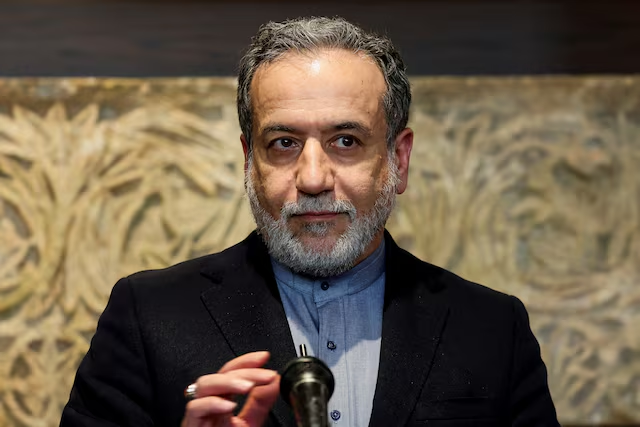
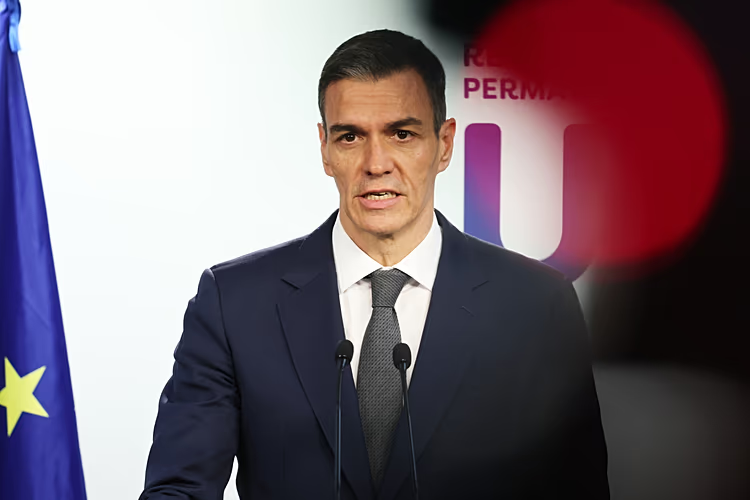
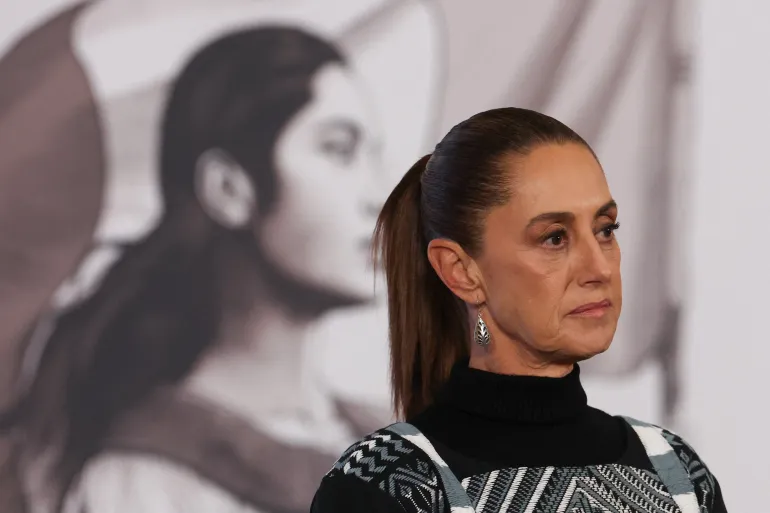
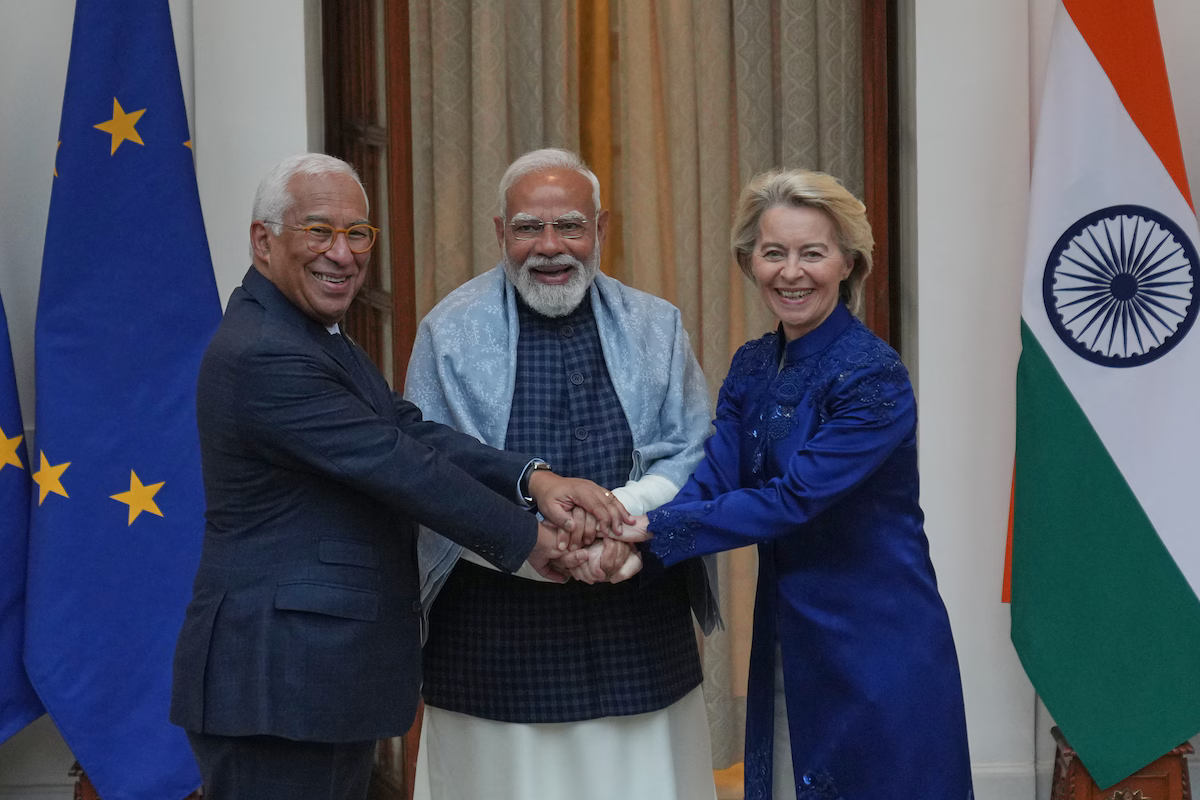
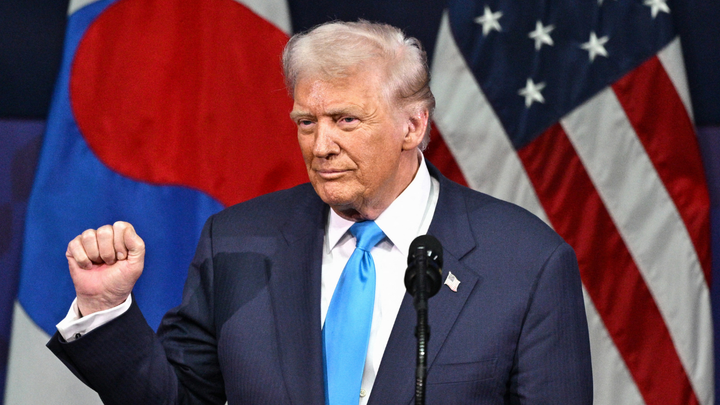
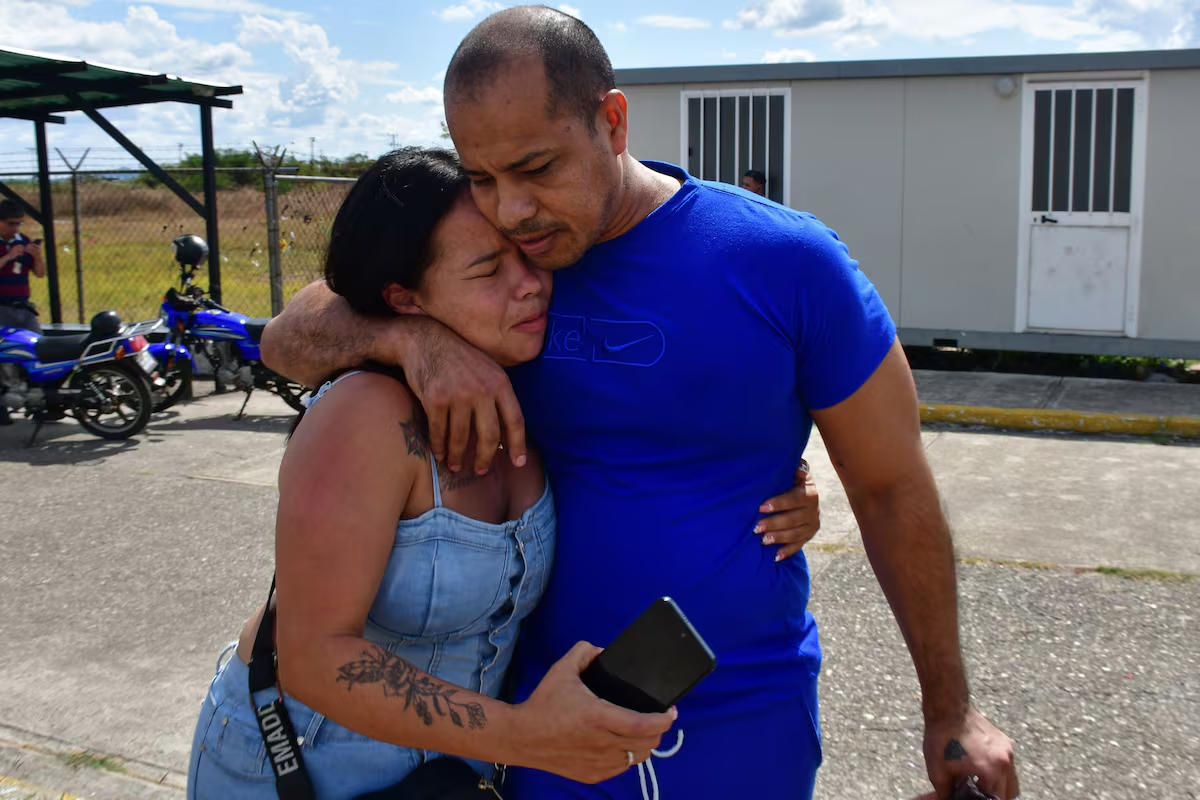
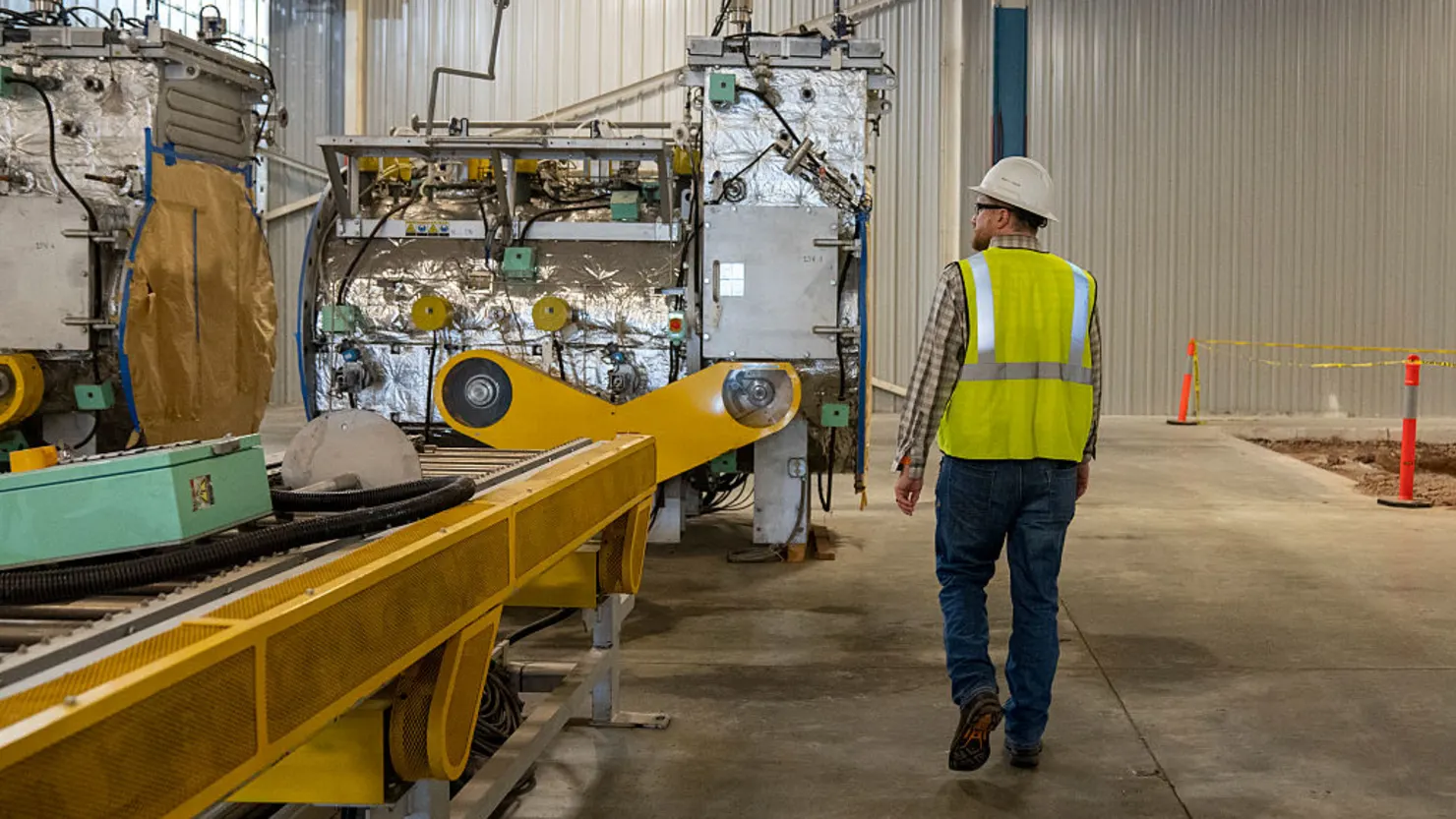
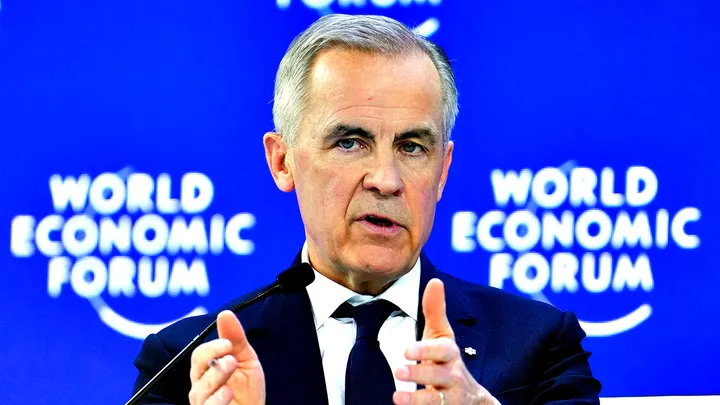
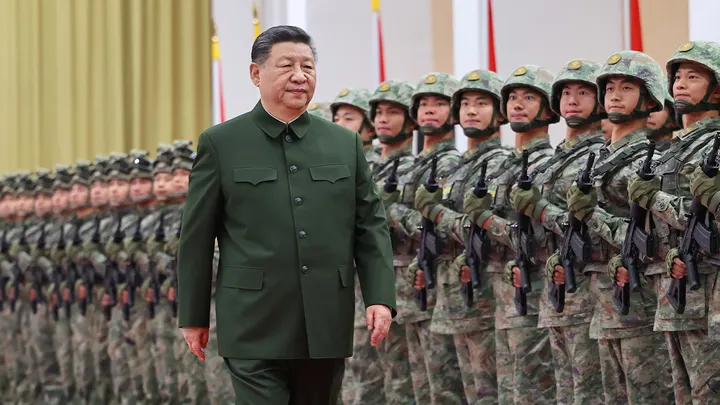
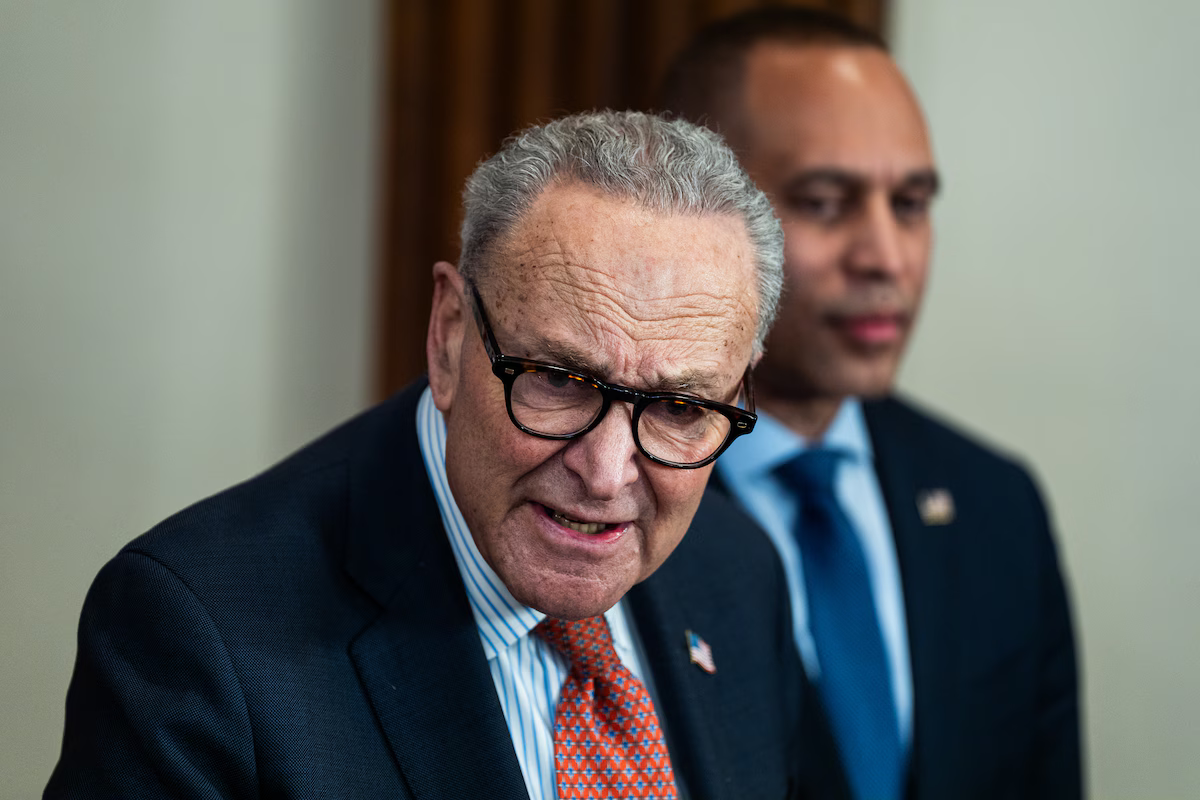
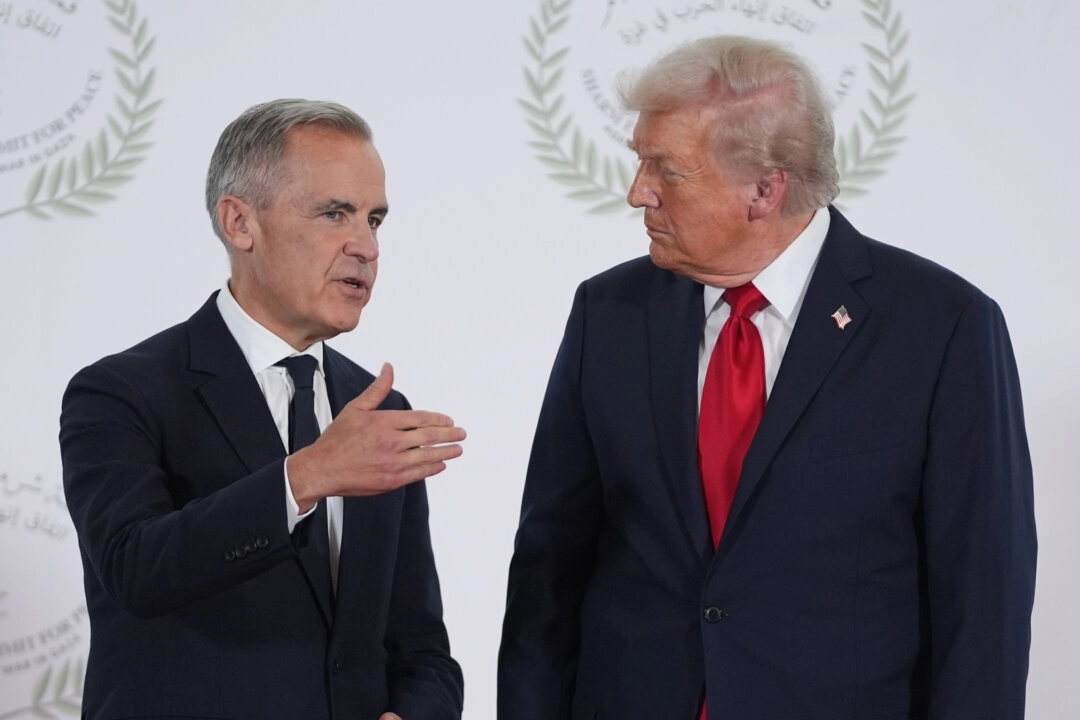
Discussion